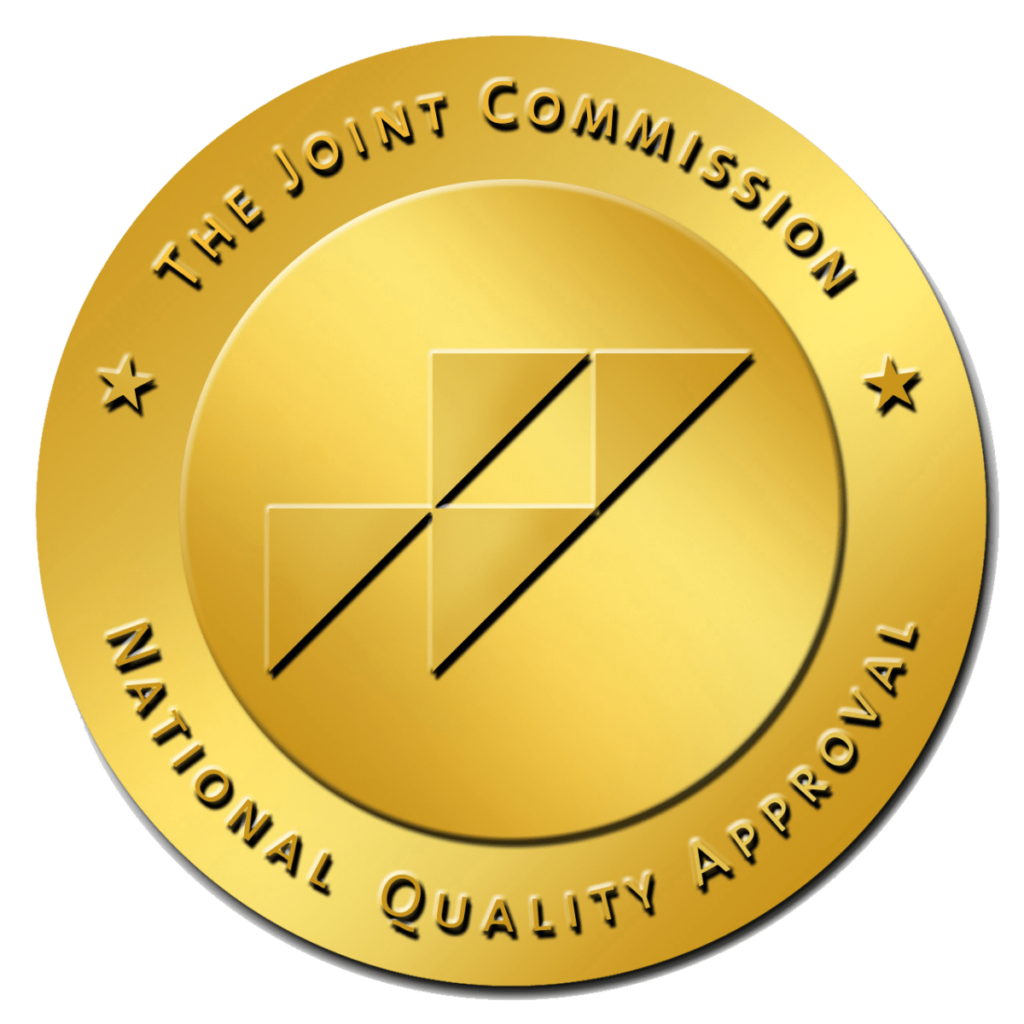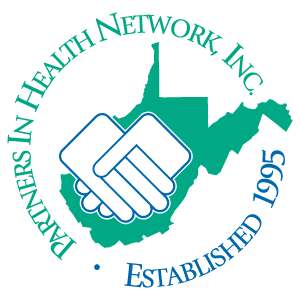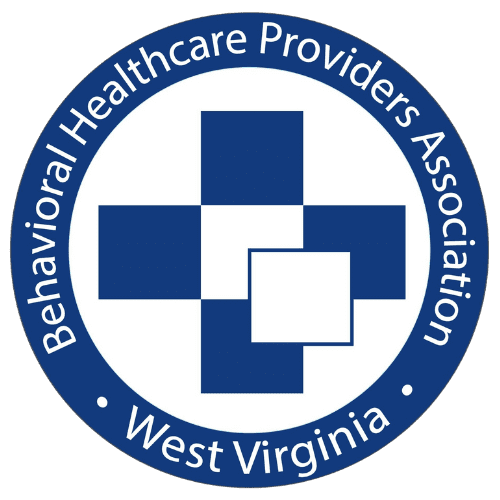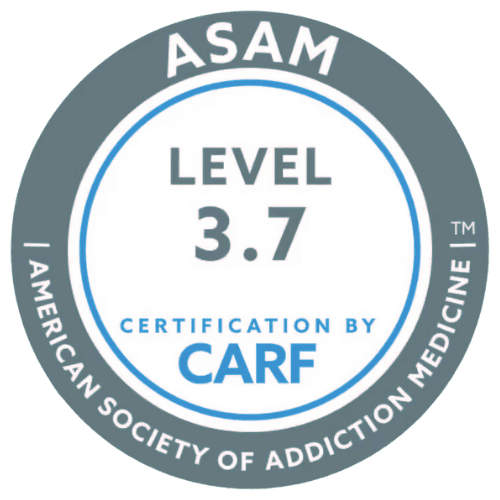Post-traumatic stress disorder, or PTSD, is an anxiety disorder that can happen after a traumatic event. It can cause those affected to relive an event that caused them serious trauma through nightmares, flashbacks, or memories. PTSD can occur after combat, an assault, a death of a loved one, or a natural disaster.
Post-Traumatic Stress Disorder Signs & Symptoms
There are many different signs of PTSD. These can vary from person to person and the intensity of symptoms can change over time. Some symptoms can occur during periods of stress or if triggered by a certain sound or object.
Those with PTSD may avoid certain places, people or activities that remind them of the trauma. They may withdraw from family and friends and feel detached. You may notice that they no longer have interest in things that they did before the trauma occurred or that they no longer enjoy taking part in activities.
Some signs that you or a loved one may have PTSD are:
- Reoccurring thoughts, flashbacks, or memories of the event
- Nightmares about the traumatic event
- Feeling hopeless or negative
- Feeling numb
- Being easily startled
- Trouble falling or staying asleep
- Unable to focus or concentrate
- Having aggression or uncontrolled anger
- Overwhelming feelings of guilt
- Being reckless or having self-destructive behavior
- Abusing alcohol or drugs
Those with PTSD did not previously have the above-mentioned symptoms prior to the event. The symptoms may appear immediately after the traumatic event or happen over months or years.
Common Causes of PTSD
PTSD is quite common and can affect anyone at any given time. According to the U.S Department of Veterans Affairs, “ 6 out of every 100 people (or 6% of the population) will have PTSD at some point in their lives.”
Some of the most common causes of PTSD are:
- Experiencing and taking part in combat
- Living through a natural disaster
- Seeing another person seriously injured or killed
- Witnessing a crime
- Having lived through a trauma or abuse during childhood
- Suffering a sexual or physical assault
- Losing a job, house, or a loved one
- Experiencing a great financial loss
Other factors that can put you at a higher risk for PTSD include:
- Lacking a support system after going through a trauma
- Feeling hopeless, alone, or fearful
- Having other mental health problems such as anxiety or depression
- Abusing alcohol or other substances
How Post-Traumatic Stress Disorder Is Diagnosed
PTSD can be diagnosed by a mental health or medical professional. To diagnose the condition, the following will be done:
- Physical exam. A physical exam will be performed to rule out any other medical problems that may be the cause of the symptoms.
- Psychological evaluation. A psychological evaluation will be done to discuss your specific symptoms and what the specific event or events were the cause of the traumatic experience will be identified.
Types of PTSD Treatment Options
It is important to get treatment for PTSD as soon as possible. This can help prevent symptoms from getting worse. Many veterans suffer from PTSD and due to the stigma surrounding it, do not seek treatment. Treatment can not only help with managing symptoms but can strengthen personal relationships, and improve overall quality of life.
Some common types of treatments for PTSD include:
- Therapy. Therapies such as talk therapy, cognitive behavior therapy, exposure therapy, and eye movement desensitization and reprocessing have been proven effective in treating PTSD. Therapy can be done in a group setting or one-on-one.
- Medication. Medications such as antidepressants can help treat symptoms of PTSD and lessen their severity. There are different antidepressants available and not every person will need the same type of medication to treat their specific symptoms.
- Alternative treatments. Alternative treatments such as meditation, acupuncture, or yoga can be used along with therapy and medication. These alternative approaches can help balance the mind and provide relaxation and mindfulness. Stress management techniques can also be incorporated into treatment.
- Addressing substance abuse issues. If you are having a problem with drug or alcohol abuse as well as PTSD, the substance abuse problem will also need to be treated. This can be done through various treatments such as inpatient or outpatient rehabilitation, 12-step meetings, therapy, or other options based on your specific needs.
When to Seek Help
If you or a loved one are having thoughts of suicide or harm, seek medical help immediately. In addition, if your feelings about a traumatic event are interfering with your daily life and you are experiencing disturbing thoughts, changes in sleep or eating, or are unable to get your life under control, contact a mental health professional for advice. You do not need to suffer in silence when help is available.
RESEARCH
How Common is PTSD in Adults? – PTSD: National Center for PTSD (va.gov)
NIMH » Post-Traumatic Stress Disorder (nih.gov)
Posttraumatic Stress Disorder (apa.org)
Post-Traumatic Stress Disorder (PTSD) – Diagnosis and Treatment – Mayo Clinic









